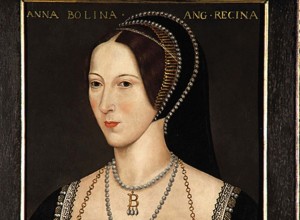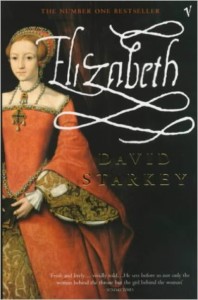
I’ve always been keen to meet other super-cool Royal history geeks. That’s one of the reasons I started this blog. I’m pleased to say that my desires are already being achieved. Within two days of go-live, I found myself in an interesting Twitter conversation with @HistoryGal_ and @charlotteshist on whether Henry VIII believed that Anne Boleyn was guilty of the crimes – adultery, incest and treason – for which she was ultimately put to death.
It’s a subject I want to explore in much greater depth. Indeed, I intend to write an extensive series on Anne’s ‘guilt’ when time allows. But for now, I wanted to take the moment to put down some #QuickFireThoughts. I write largely in ignorance but, perhaps this will provoke conversations that will in turn educate me.
For what it’s worth, I think in his heart of hearts, Henry knew Anne was innocent. Here’s why:
- I do not currently subscribe to the theory that a) Anne was actually guilty as charged or that, b) her downfall was primarily a sabotage initiated by Cromwell. I believe that Henry was actually the main orchestrator of it, even if only tacitly.
- Henry wanted rid of Anne. True it had only been a few years since he had risked everything to marry her, but we all know that highs can descend to lows very quickly. Not only was she massively getting on his wick but, she had of course failed to bear him a son which had been one of the main attractions to him seeking a second marriage.
- The execution of Anne Boleyn was a political possibility. Unlike Catherine of Aragon, she was not protected by a mighty Emperor beyond the seas. All he needed was a valid legal pretence.
- Such an act was in keeping with Henry’s character. He had convinced himself that he was sinning against God by being married to Catherine, something that plainly hadn’t bothered him for the early part of his marriage. He was a man who was very easily able to persuade himself of his own lies. That’s how he could justify some of his heinous actions!
Like I say, far more research needs to be done, and I would very much like to hear other people’s thoughts…
